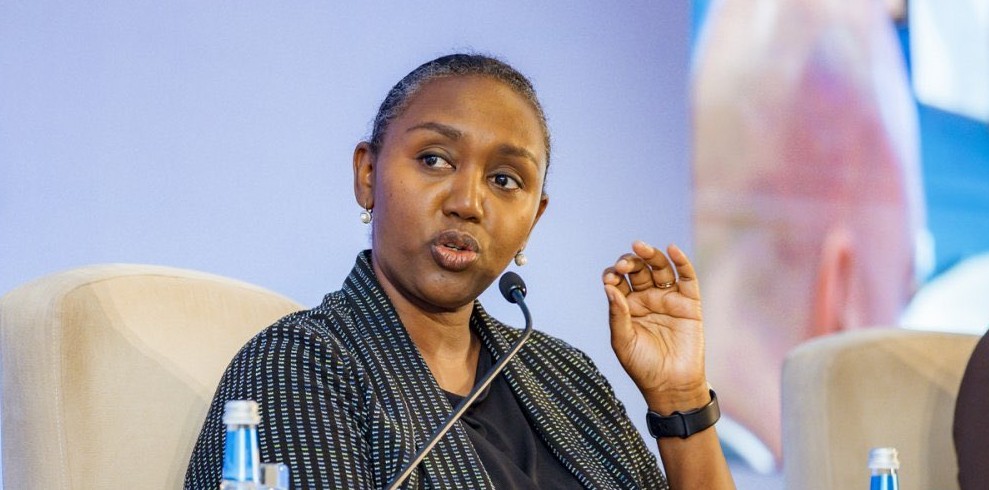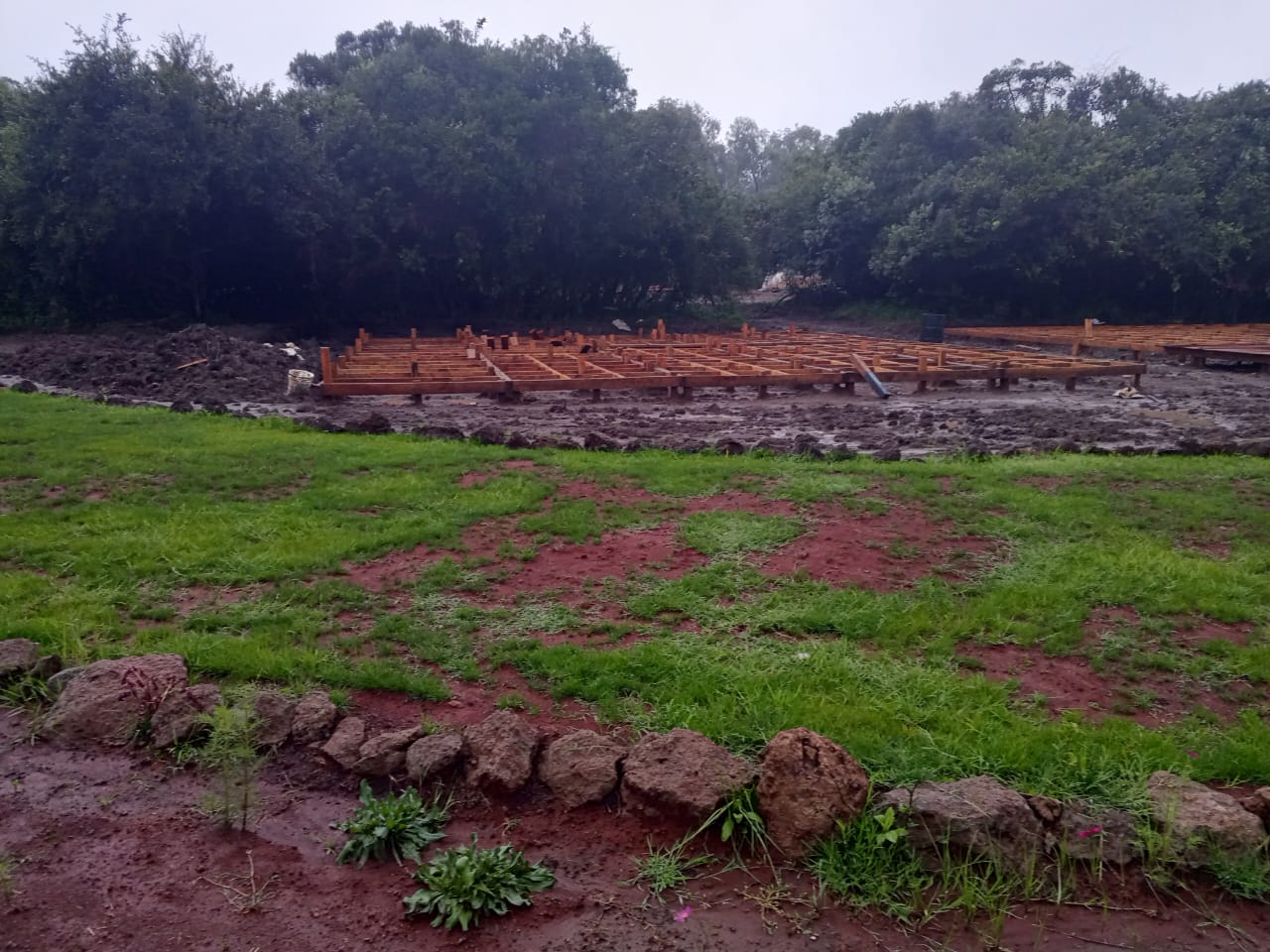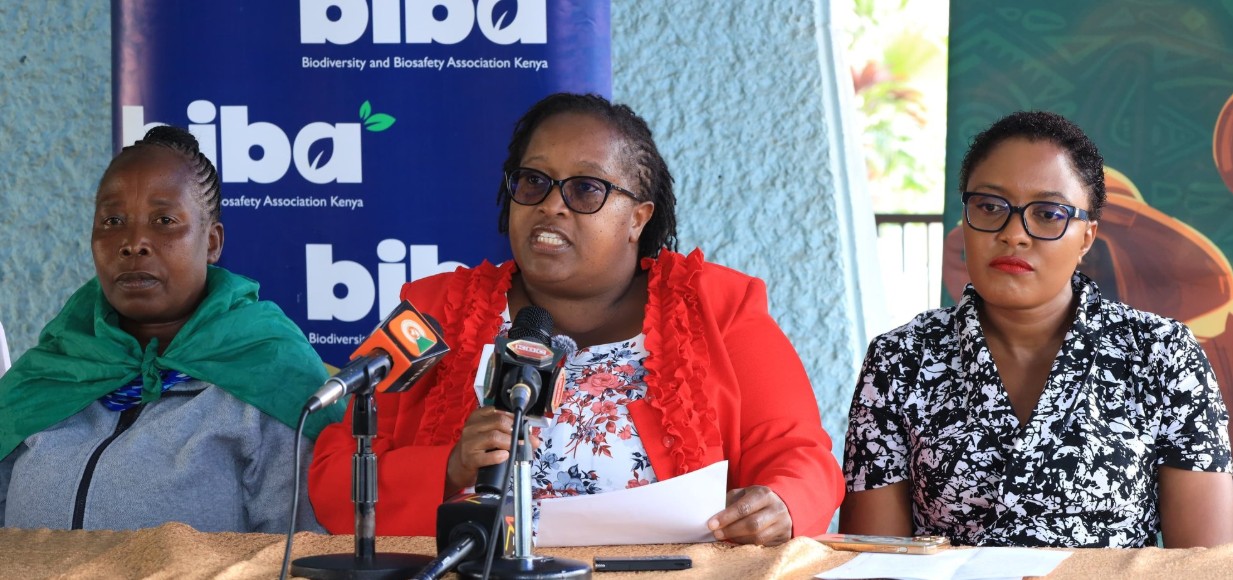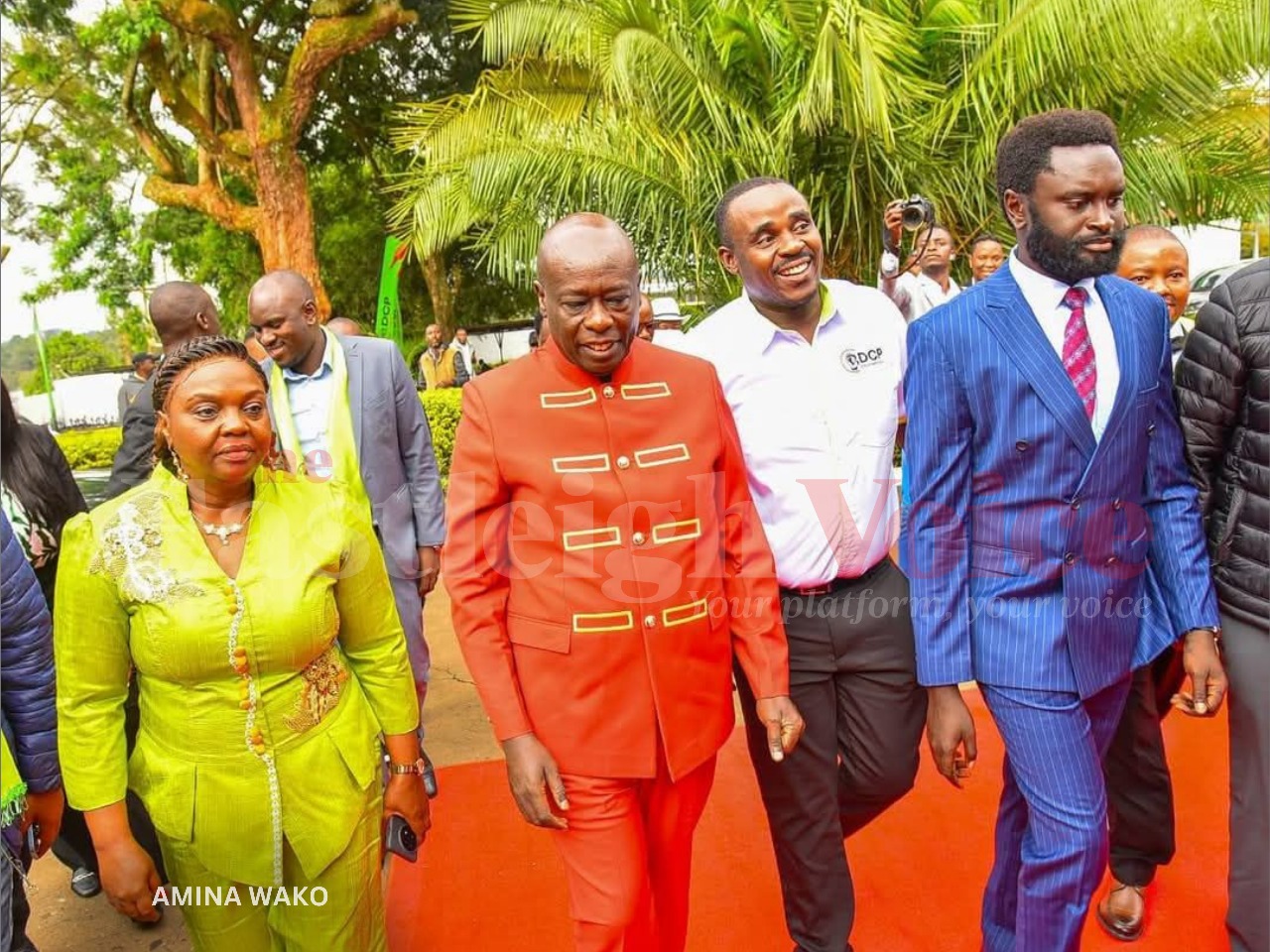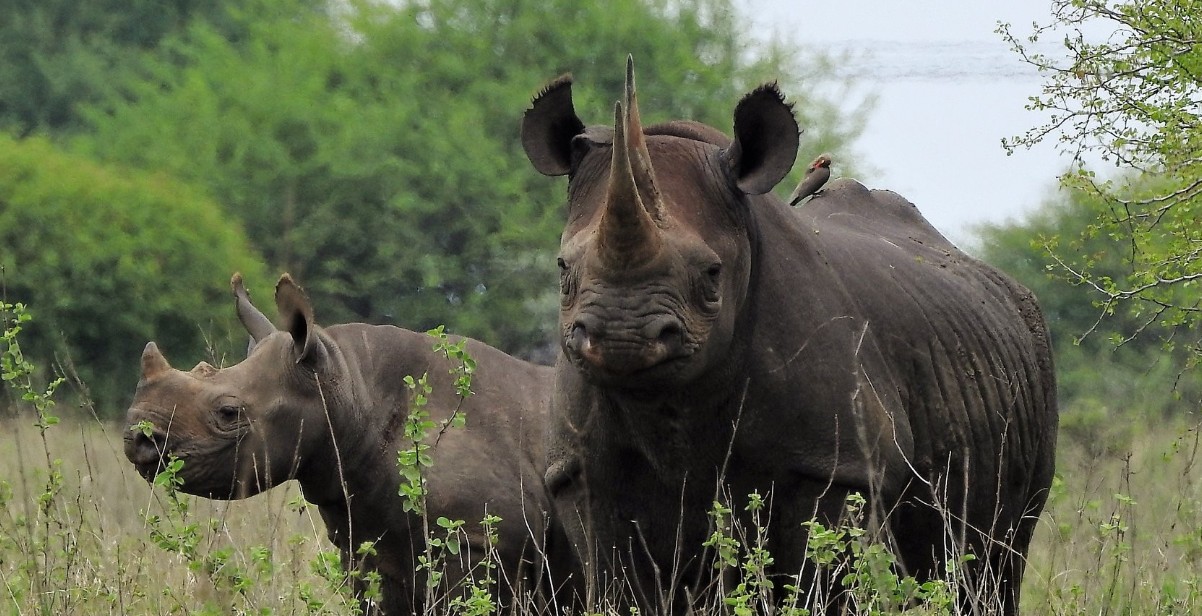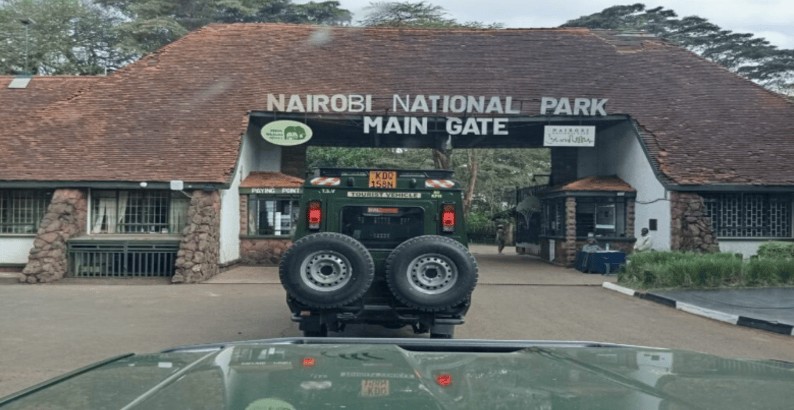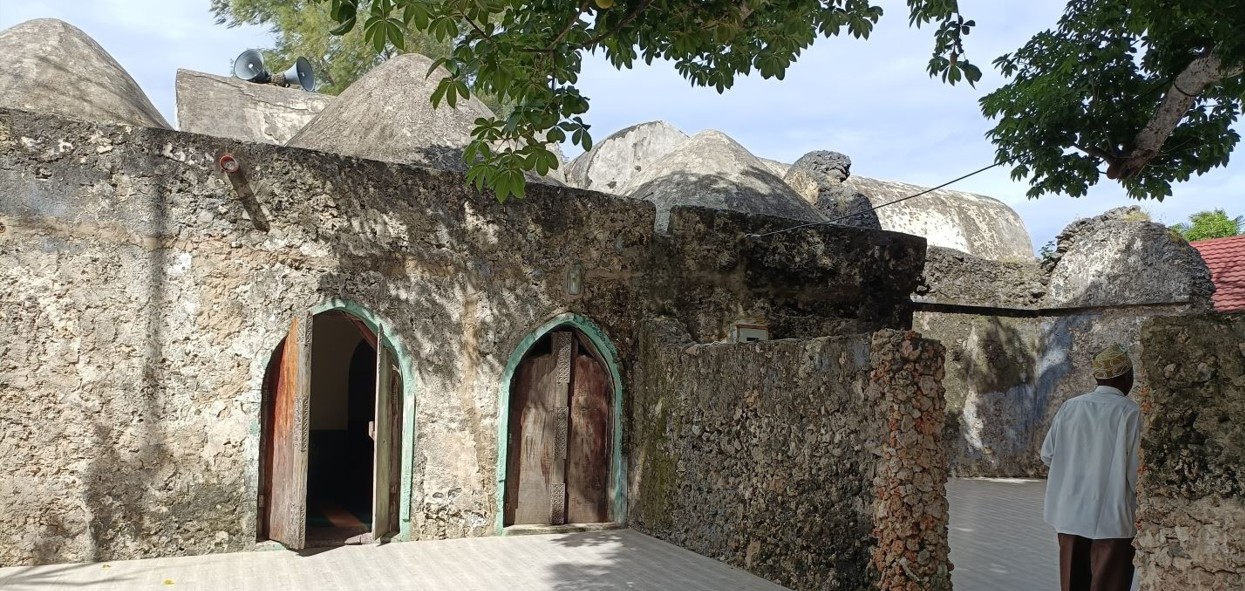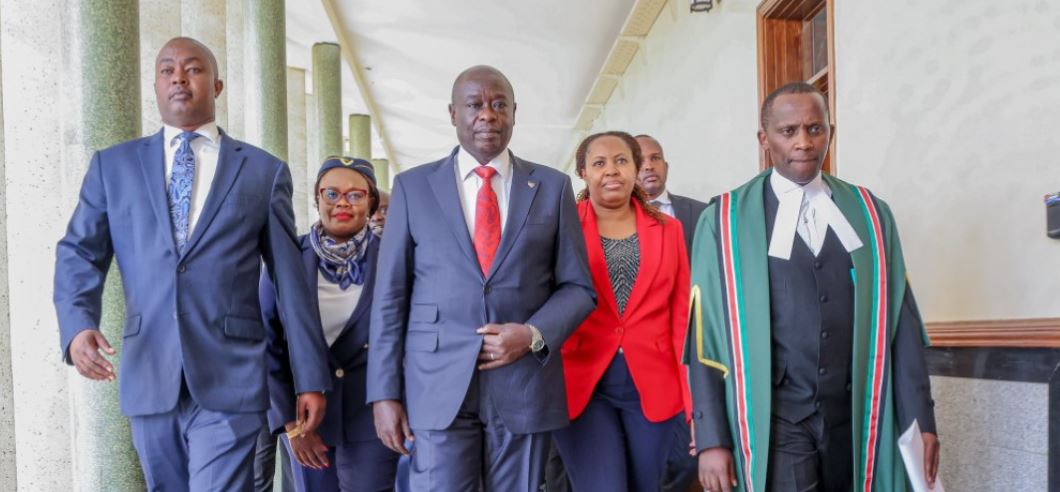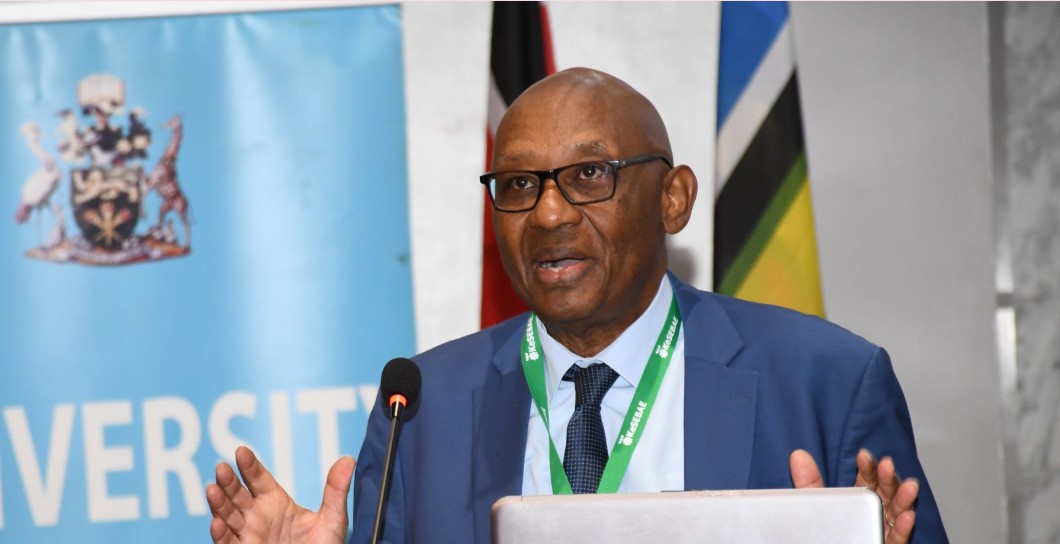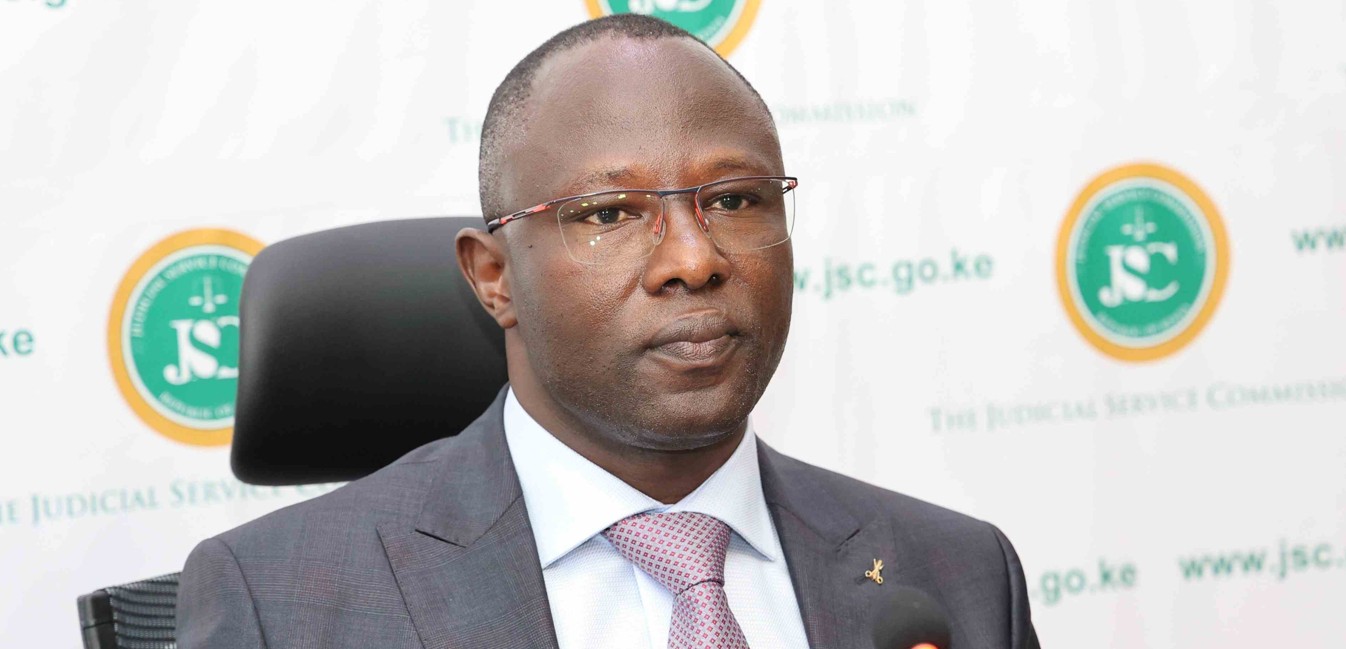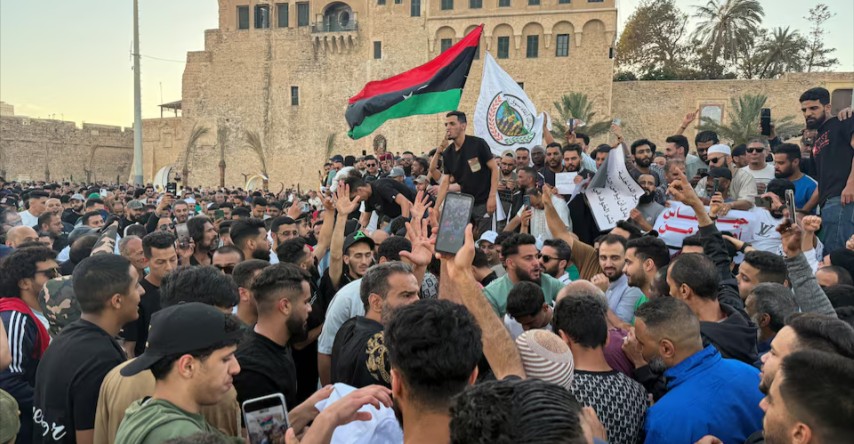Gachagua’s ‘one man, one vote, one shilling’ push reignites equity debate
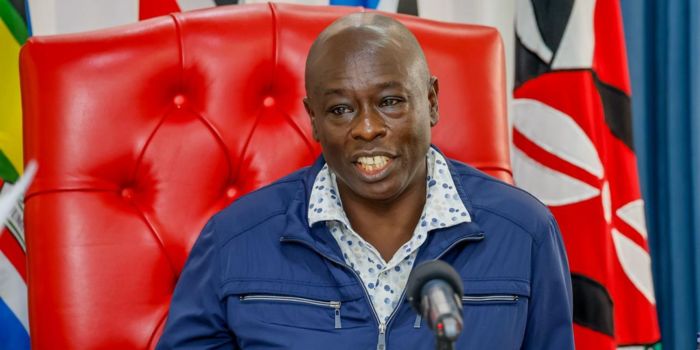
Opponents of the formula say populous regions already have better infrastructure, like roads, unlike sparsely populated areas.
Fury and anger describe the mixed reactions that have greeted Deputy President Rigathi Gachagua’s recent endorsement of the “one man, one shilling, one vote” campaign on the sharing of national resources, with leaders from the arid and semi-arid lands (Asals) saying it would worsen their historical marginalisation.
The leaders argue that they may not have the numbers to compete with other regions but have vast, undeveloped territories with immense potential. Gachagua has mostly rattled northern Kenya by proposing that counties be allocated resources based on their population size and not land mass.
More To Read
- Kenya’s economic output rises 8 per cent to hit Sh16.22 trillion in 2024
- IMF upgrades Kenya’s economic growth to 4.8pc in 2025 despite regional, global slump
- Kenyan shilling, Africa’s best-performing currency in 2024 - World Bank
- Rwanda overtakes Kenya to become second freest economy in EAC
- Why Kenya is currently not the best destination choice for investors - KAM
- Report shows Kenya loses Sh14-Sh19 billion each time there’s a statutory holiday
Opponents of the formula say populous regions already have better infrastructure, like roads, unlike sparsely populated areas.
“In matters of revenue sharing, and for the avoidance of doubt, I am a believer and a proponent of one man, one vote, one shilling. Resources are about people,” Gachagua said.
He said the more people in an area, the more taxes they contribute, and, therefore, when distributing resources, they should get a higher allocation.
“It cannot be that Ruiru Constituency, with a population of 800,000 people, will get the same amount in constituency development fund as a constituency with 14,000. It’s not fair,” he said.
The DP said that the Mt. Kenya region should be pushing the agenda because it is about the fair distribution of resources.
Gachagua’s sentiments have received the backing of a host of Central Kenya leaders, including Embu Governor Cecily Mbarire, who said that while half of Embu is classified as an arid and semi-arid (Asal) area, it was not considered for the conditional grant.
“Mbeere region is an Asal region, but it is not considered for the conditional grant yet funds are allocated to the northern parts of the county,” she said.
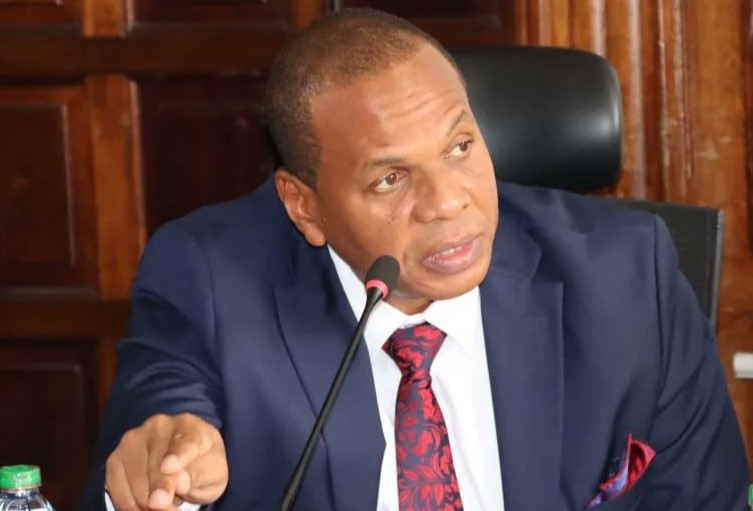 Tana River Senator Danson Mungatana. (Photo: Senate)
Tana River Senator Danson Mungatana. (Photo: Senate)
In opposing the DP’s proposal, critics describe it as unfair and that counties with higher populations would receive more resources to the detriment of those with larger land masses and low populations.
Tana River Senator Danson Mungatana told off Gachagua and threatened to rally other regions to back a formula that gives a premium to land mass as opposed to population.
Mungatana said the one man, one shilling formula will only benefit one community. He said that marginalised areas are not in the country by mistake, citing the 1965 Sessional Paper that he said entrenched discrimination of arid and semi-arid areas.
“Those with high populations have been developed at the expense of the marginalised areas for many years,” he said.
Taita Taveta Governor Andrew Mwadime also opposed the plan, saying the formula will deny vast counties the resources they need to take services close to the people.
“If the formula is implemented, there will be no equity and fairness in the distribution of national wealth,” said the governor.
The position now taken by Gachagua is a U-turn after he opposed the formula when it was first proposed by former President Uhuru Kenyatta.
There have been sharp sentiments from former elected leaders from the region who last week referred to the DP’s agitation as retrogressive and unnecessary.
Addressing journalists in Nairobi, the leaders warned against the push, saying it risks marginalising some parts of the country further, especially northern Kenya and pastoralist areas.
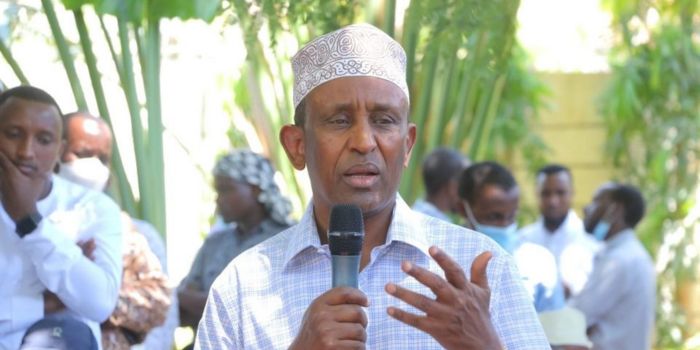 Former Garissa Governor Ali Korane during a past public function. (Photo: Handout)
Former Garissa Governor Ali Korane during a past public function. (Photo: Handout)
Led by former Garissa Governor Ali Korane and former Senate Speaker Ekwe Ethuro, the leaders urged Gachagua to drop the calls for the sake of national unity and equity in the distribution of national resources.
"We reject the mantra of one man, one vote, one shilling. We are not promoting it and if has to exist, then this team believes in one man, one kilometre, one shilling," former Tiaty MP Asman Kamama said.
Kamama said land as a factor of production must be taken into account when sharing national resources, warning that they are prepared to vehemently reject proposals to have other regions benefit more than the rest of the country.
"We are in Kenya by right and not by the invitation of anybody,'' Kamama said.
The leaders from the northern frontier region accused backers of the one man, one vote, one shilling proposal of being driven by self-interest.
"Incrementally, the rest of the country is being marginalised because the formula is skewed to benefit populous regions,'' former Isiolo South MP Abdul Bahari said.
 Former Mandera Senator Mohamed Maalim Mohamud addresses the media at the Bomas of Kenya in Nairobi on May 4, 2024, during the launch of the North Eastern Political Leaders Forum. (Photo: X/Mohamed Maalim Mohamud)
Former Mandera Senator Mohamed Maalim Mohamud addresses the media at the Bomas of Kenya in Nairobi on May 4, 2024, during the launch of the North Eastern Political Leaders Forum. (Photo: X/Mohamed Maalim Mohamud)
Former Mandera Senator Mohamed Maalim Mohamud claimed there is a bid to undermine the Constitution and, through such proposals, claw back the gains made.
"We urge the president to reject such an attempt to claw back the gains of the Constitution," he said.
"We represent 70 per cent of Kenya and want to tell the DP that we are not guests in Kenya. His remarks remind me of Charles Eliot saying he will not implore the queen to invest in the North because that would not benefit Kenya," Mahalim said.
An inequality report by the Friedrich Ebert Stiftung addressing regional disparities in the country titled, Regional Disparities and Marginalisation in Kenya, calls for a fresh approach that provides a multi-faceted and multi-sectoral framework that fosters a more balanced economic development in the country.
“Such an approach could revolve around the formulation and implementation of equity-oriented policies and programmes, the formulation and implementation of an integrated regional development framework, reforms in the legal environment in order to create a more cohesive framework for addressing regional disparities, and a robust monitoring framework that will develop and monitor the achievement of key indicators and milestones of balanced regional development,” the report says.
Constitutional expert Jill Cottrell Ghai argues that the one man, one vote, one shilling assertion is not supported by the Constitution, whose drafters carefully avoided using ‘man’ or ‘his’ alone.
“The Constitution does recognise one person, one vote, – indeed, one value. ‘Equality of vote’, Article 81 says. This means that each vote should carry, as far as practicable, the same weight. There is no space to explore this here,” says Ghai.
She says the constitutional design for allocating national revenue to each county does not say that it should be based only on the number of people within its boundaries.
However, lawyer Willis Otieno differs with Ghai and says that Gachagua is justified in his calls. He says that the DP is justified because everyone would want to get their fair share of resources. He says areas that are marginalised are already taken care of through the equalisation fund.
“It is an acceptable principle in our Constitution of equality of the vote. It defeats democracy when people are underrepresented while others are overrepresented,” says Otieno.
He says marginalisation is meant to be cured using the equalisation fund.
“People referring to themselves as marginalised cannot claim to be benefiting from the equalisation fund on the one hand and then insist that the other regions shouldn’t benefit from their deserved allocations based on population,” he says.
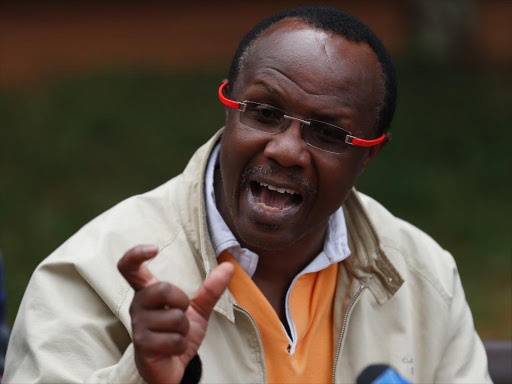 A file picture of economist David Ndii. (Photo: Handout)
A file picture of economist David Ndii. (Photo: Handout)
In an article published in The Elephant in 2020 titled, One Man, One Shilling Politics: A Return to Inequitable Development, Marginalisation and Exclusion, outspoken economist David Ndii, said the history of inequitable “sharing of the national cake” is a highly emotive and divisive issue.
Dr Ndii, now President William Ruto’s top economic adviser, said northern Kenya is grossly underserved in terms of infrastructure.
Responding to Gachagua, Lawyer Ahmednasir Abdullahi asked the deputy president to concentrate on representing all Kenyans.
“Since 1963, Central Kenya has had 75 per cent of everything. The Northern Frontier District has zero per cent. The rest of the country shared the rest. Central Kenya leaders like Deputy President Gachagua should stop tribal and jingoistic calls to arms in the name of "one man one shilling,” said Ahmednasir.
Former Mandera Senator Billow Kerrow and East African Legislative Assembly (EALA) MP Hassan Omar warned that the debate is not healthy and should be abandoned.
Mandera Senator Ali Roba has called for a united approach to addressing the country's challenges, emphasising the need for moderated and sober discussions across all regions.
Roba condemned Gachagua's stance, describing it as a manifestation of “deep-seated greed.” He said tribe can effect change alone and urged all Kenyans to work together.
"The slogan ‘one man, one shilling, one vote,’ championed by some leaders, is a fundamentally flawed stance that underscores a deep-seated greed which seems insatiable," he said.
He criticised Gachagua for seemingly prioritising regional interests over national interests, which he argued is detrimental to the DP’s role and the country's unity.
"As the nation’s second-in-command, he should embody the hopes and responsibilities of the entire country, not just one region," he said.
The UDM party leader said the Mt Kenya region has been overrepresented in the national government, with positions including the deputy president, nine Cabinet members, and various key roles in the National Assembly and the Senate. He said this has led to skewed development allocations favouring the region and called for a fairer distribution of resources.
The Commission on Revenue Allocation (CRA) has also waded into the debate, dismissing it as impractical.
The CRA says the campaign spearheaded by Gachagua will reverse gains made in the equitable distribution of resources to all Kenyans.
The commission maintains that no county had proposed the formula as a parameter for allocating resources, saying the process was meant to facilitate equitable development for all Kenyans.
“From a professional point of view, the one man, one vote, one-shilling is just one parameter, and you cannot use it to allocate resources. We are not going to consider that because it never came from any county,” said CRA commissioner Hadija Juma.
She said CRA will continue to push for balanced development, and that the one man, one vote, one shilling proposal will be disadvantageous to some Kenyans.
“We want development to reach each corner of this country and when we use the one man, one vote, one shilling parameter, some Kenyans will be left behind,” the commissioner said.
Top Stories Today

